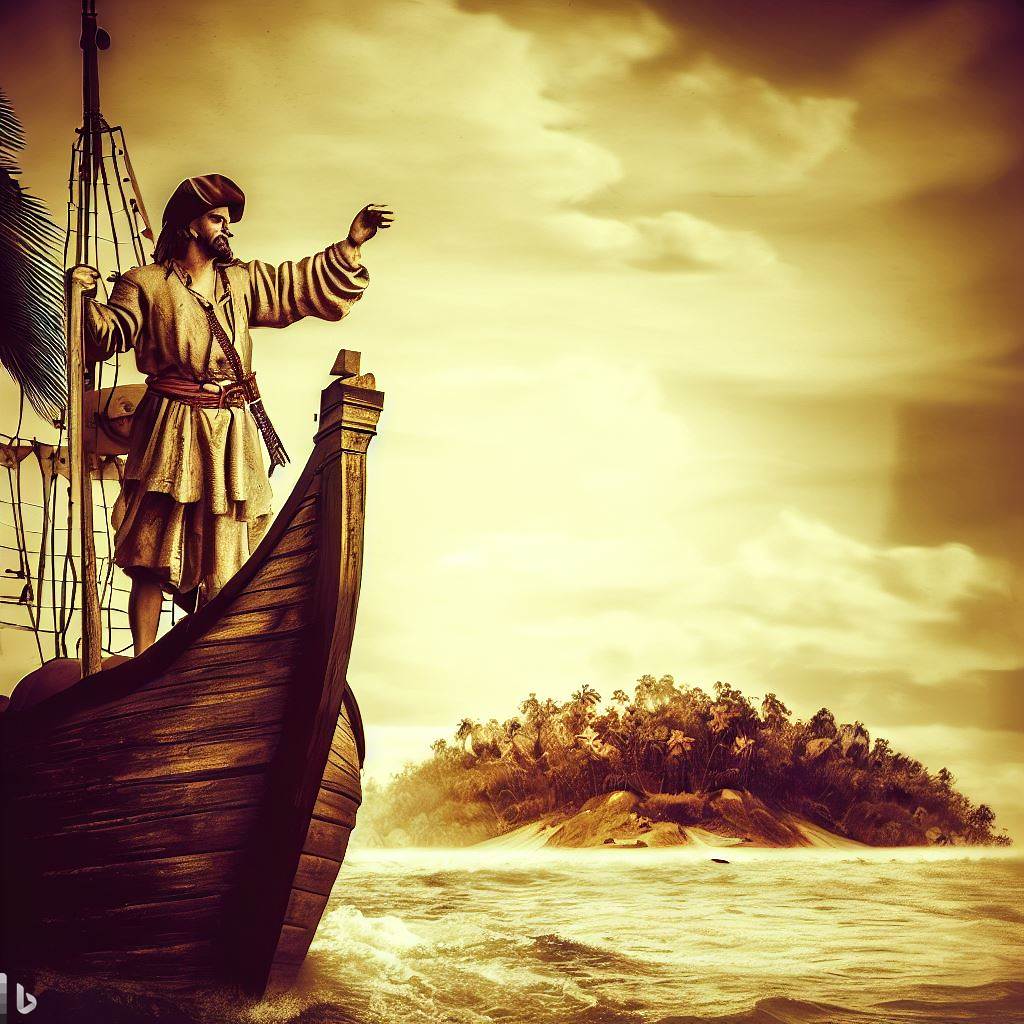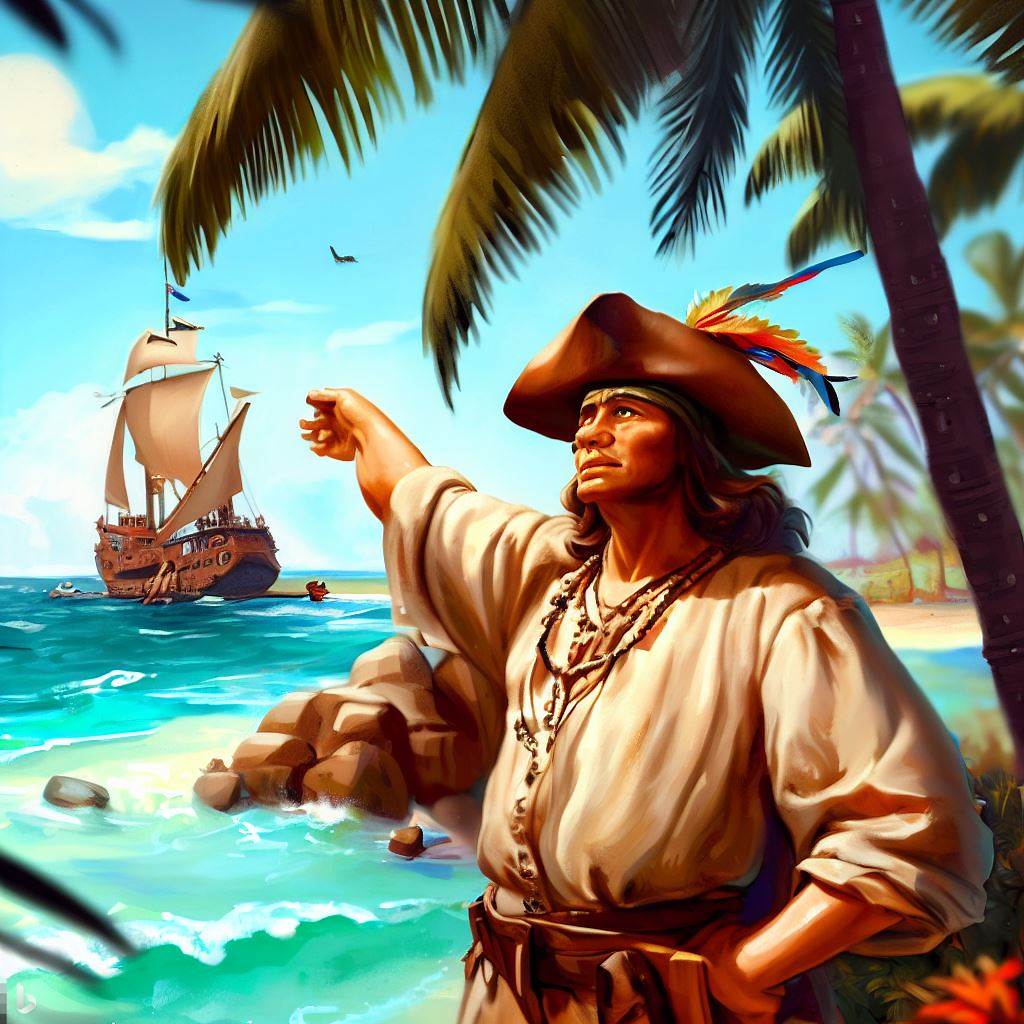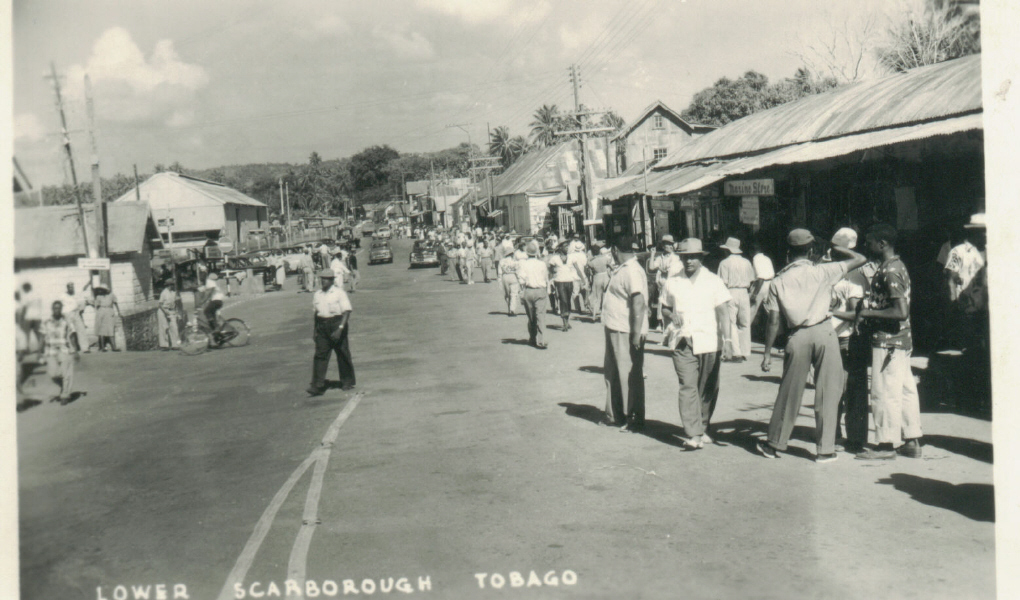
Tobago, a small but vibrant island in the Caribbean, is often overshadowed by its larger neighbor, Trinidad. However, hidden beneath Tobago's lush landscapes and pristine beaches lies a rich history waiting to be explored. From the indigenous peoples who first inhabited the island to the arrival of European colonizers and the tumultuous era of slavery, Tobago's past is filled with untold stories and cultural heritage. In this blog post, we will embark on a journey of discovery, delving into the depths of Tobago's history to unveil the fascinating narratives that have shaped the island and its people. Join us as we uncover the hidden gems and embrace the cultural tapestry that make Tobago a truly remarkable destination for history enthusiasts and curious travelers alike.

Pre-Columbian Era: Prior to European arrival, Tobago was inhabited by the Kalinago people, also known as the Caribs. They lived a semi-nomadic lifestyle and engaged in fishing, farming, and hunting on the island.
European Colonization: Tobago was first encountered by Europeans in 1498 when Christopher Columbus landed on the island during his third voyage to the Americas. The Spanish briefly claimed Tobago, but they did not establish a permanent settlement there.
Dutch and Courlander Settlements: In the early 17th century, the Dutch established the first European settlement on Tobago. They were followed by the Courlanders, a small duchy in present-day Latvia, who established their own colony on the island in 1654. The Dutch and Courlanders engaged in conflicts with each other and with other European powers vying for control of Tobago.

British Colonization: In 1762, during the Seven Years' War, the British captured Tobago from the French, who had taken control of the island in the late 17th century. The British maintained control over Tobago and Trinidad until 1779 when the French recaptured both islands. However, Tobago was returned to British control in 1793 and remained under British rule for the next century.
Emancipation and Plantation Economy: Slavery was prevalent in Tobago, and the island's economy depended on sugar, cotton, and indigo plantations worked by enslaved Africans. In 1834, slavery was abolished in the British Empire, and the former slaves became indentured servants or tenant farmers on the plantations.
Union with Trinidad: Tobago and Trinidad were administratively separate until 1889 when they were unified as a single British colony known as Trinidad and Tobago. This union continued even after both islands gained independence from Britain in 1962.

Independence and Modern Era: Trinidad and Tobago achieved full independence as a sovereign nation on August 31, 1962, becoming a member of the Commonwealth of Nations. Since then, the country has experienced political and social changes, including the rise of the oil and natural gas industry, economic diversification efforts, and the development of a vibrant cultural heritage.
Today, Tobago is known for its picturesque beaches, lush rainforests, and thriving tourism industry. It remains a popular destination for travelers seeking natural beauty and Caribbean charm.

Comments
It remains a popular…
It remains a popular destination for travelers seeking natural beauty and Caribbean charm.